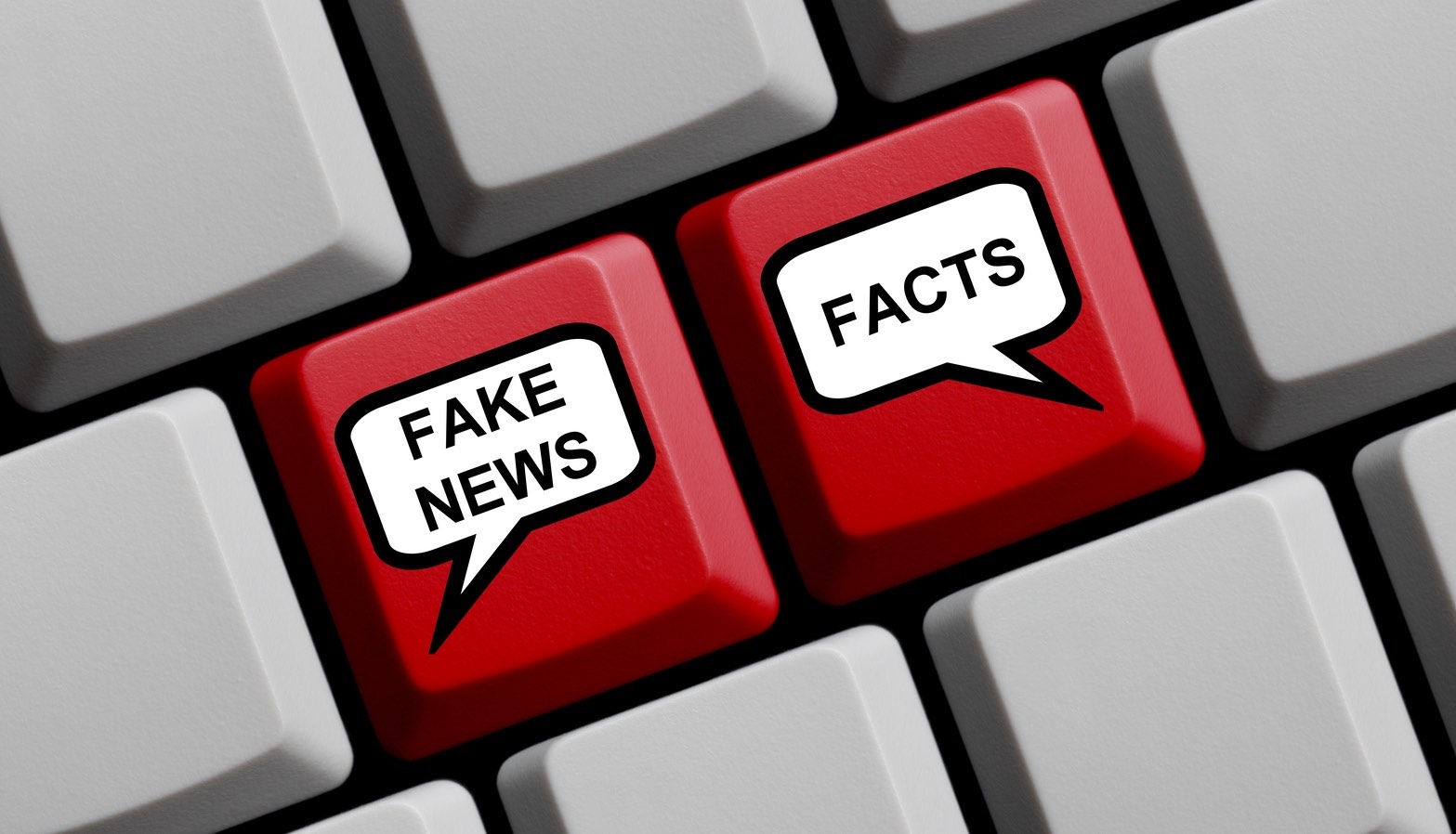[OPINION] Decriminalization of libel for 'legit' media but not 'abusive vloggers'?
Understanding democracy hasn’t always been easy. Unpacking its simplest principles often feels like exhuming a corpse and dragging it by one’s neck.
Consider one of its trick questions: Why is it that a scoundrel who goes about his day harassing people and falsely accusing them, gets to enjoy the same freedom as the good person? To live, think, speak, and relish the fruits of their labors?
The other trick question has all the makings of an obstacle course: Why must we then defend the rights of the reckless and foolish person just as dutifully as our own, under all circumstances?
The logic is simple. Rights and freedoms can never be the exclusive domain of any particular individual or groups of people. Rights cannot be discriminatory. Corollary to the first is that endangering the rights of one endangers the rights of all.
So, when Sen. Raffy Tulfo raised the issue of the decriminalization of libel at the Senate Mass Media panel last Monday, Nov. 28, I lauded him for his courage. The struggle to decriminalize libel has been long and arduous, with much of it falling on deaf ears.
But then I learned later on that his proposal singularly favors “legit” journalists, leaving “extortioners,” “fake media,” and peddlers of disinformation outside the legislative safety net.

Based on a report by Philstar.com, the senator, a former broadcaster, raised a very pertinent question: “How about those who only want to be media people, open a channel on the internet, criticize all he wants without basis, and spread lies?”
In the age of disinformation, there has to be some form of accountability. Falsely accusing someone in the public sphere without evidence damages not only people’s reputations but their livelihood as well.
Seeking redress for the injustice, those who’ve been harassed must be able to find legal satisfaction in our laws. Our current libel laws seem to provide this remedy as we push back against false and baseless claims.
I have to admit, filing libel charges against erring vloggers, media posers, and hawkers of disinformation can be absolutely tempting. Nothing can be sweeter than to make a public spectacle of these punks.
However, it’s no secret that powerful people also use libel laws to terrorize legitimate journalists. For decades, the same laws have been weaponized to promote censorship. Thus, it is only right for the senator to recommend libel’s decriminalization.
It’s no secret that powerful people also use libel laws to terrorize legitimate journalists. For decades, the same laws have been weaponized to promote censorship.
But here lies the bigger rub. The senator seems to think that rights and freedoms are in force through the dictates of law, subject to the generosity and benevolence of lawmakers. Should lawmakers choose to grant these rights to some, while excluding others, it’s within their legal jurisdiction.
That is absolutely unthinkable. Laws can only recognize what is already ours by virtue of our humanity. Whether lawmakers acknowledge our freedoms or not, our rights remain inviolable. This means that the government neither has the power nor the authority to grant rights and freedoms to whoever it chooses. These freedoms are ours for the taking.

That’s why the second is just as crucial as the first: special freedoms granted to an exclusive group of people, say, journalists and writers, are in themselves a kind of injustice. It seeks to pacify or placate a group of people while ignoring others. Under whatever government system, this is totally unacceptable.
Likewise, the senator proposes to solve the problem of disinformation, but in no better aspect than how a placebo can be used as treatment for the gravely sick. It’s all psychological, the issue of exclusivity shrouding the more profound structural and systematic reforms we need to defeat disinformation.
Lastly, the idea of accountability doesn’t always have to be punitive. Despite the severity of false charges or threats, all citizens have the right to reply with as much force as those who have proven themselves reckless.
Thus, decriminalizing libel across the board would give responsible people more elbowroom to expose those involved in disinformation without fearing for their safety.
The government neither has the power nor the authority to grant rights and freedoms to whoever it chooses. These freedoms are ours for the taking.
But you ask: What about accusations that put lives at risk, like red-tagging? The problem with such cases is not the severity of the accusation, as most are downright fabrications, but the corruption that swings the case either to favor the innocent or the false accusers. Impunity fuels this problem. Barking on the wrong tree prevents us from discovering ways to address it.
Author Rosa Luxemburg said it best, “Freedom of speech is meaningless unless it means the freedom of the person who thinks differently.”
If we must understand democracy, and we should, then grasping the wisdom behind its motivating principle is a good first step: The universality of rights and freedoms dwarfs democracy’s problematic, albeit unintended consequences.


